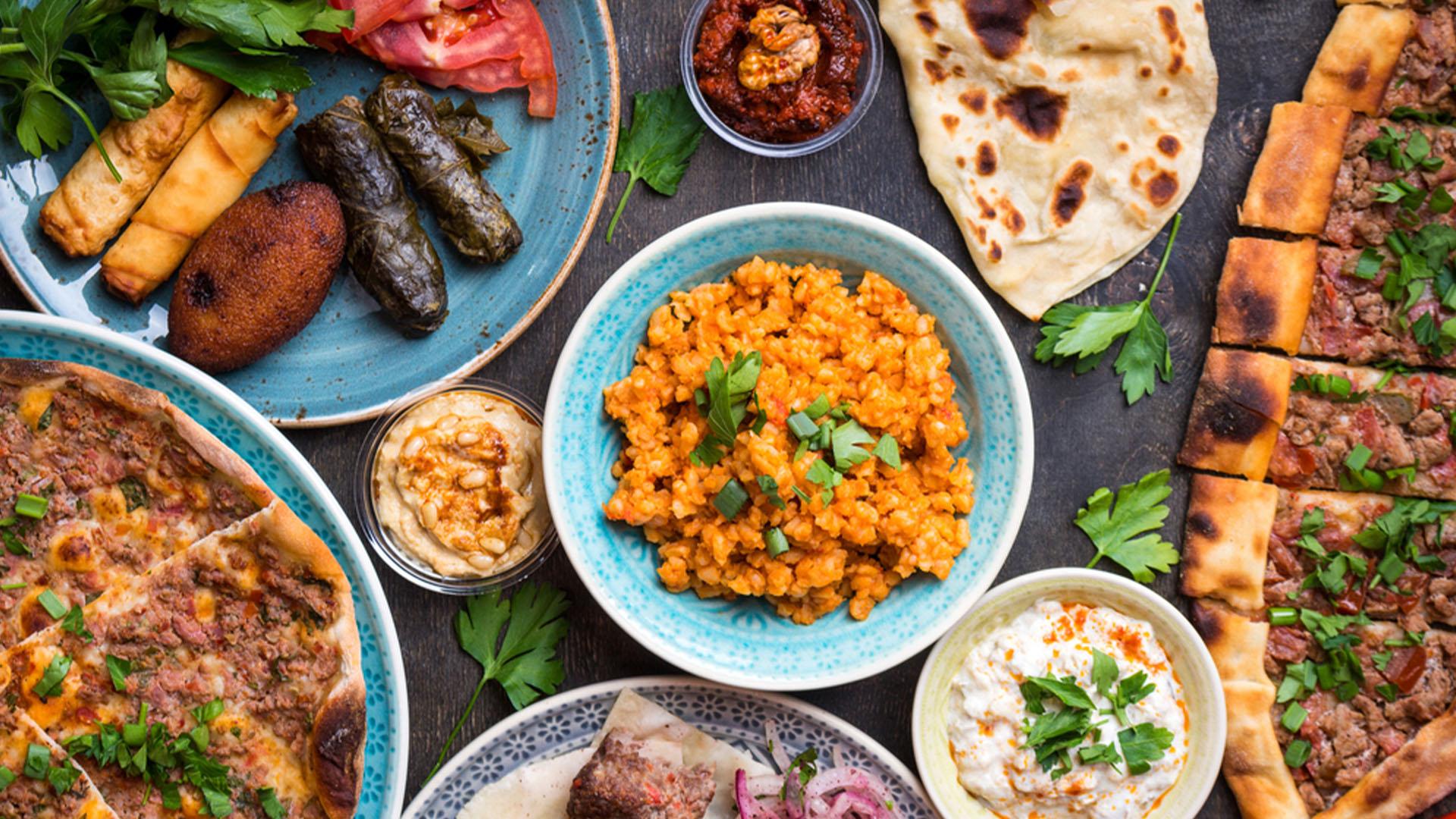The Role of Halal Certification in the Global Food Supply Chain
This topic can look at how halal certification can improve transparency and accountability in the global food supply chain, from the farm to the table.
Halal certification plays a crucial role in the global food supply chain, as it helps to ensure that food is produced and processed in a manner that is consistent with Islamic law and cultural values. Halal certification is a rigorous process that involves verifying that all food products and ingredients are free from any prohibited substances, such as pork, alcohol, and certain preservatives.
One of the key benefits of halal certification is that it provides assurance to Muslim consumers that the food they are consuming is in accordance with their beliefs and values. This helps to promote trust in the food supply chain, as well as promote greater understanding and respect between different cultures and communities.
In addition to providing assurance to consumers, halal certification also helps to promote sustainability and ethical food production practices. By requiring that food be produced and processed in a manner that is consistent with Islamic law, halal certification encourages the use of sustainable and ethical food production practices, such as reducing waste, minimizing environmental impact, and ensuring that food is produced and processed in a way that is healthy and ethical.
Another important aspect of halal certification is its role in supporting the growth of the global halal food market. The halal food market is a rapidly growing industry, with the global halal food market projected to reach $1.6 trillion by 2024. Halal certification helps to support this growth by providing a globally recognized standard for the production and processing of halal food, which helps to increase consumer confidence and promote the growth of the halal food market.
In conclusion, halal certification plays a crucial role in the global food supply chain, as it helps to ensure that food is produced and processed in a manner that is consistent with Islamic law and cultural values. By choosing halal-certified food products, consumers can make a positive impact on the world by supporting the kind of sustainable, ethical, and respectful food production practices that help to promote cross-cultural understanding and respect, while also supporting the growth of the global halal food market.
